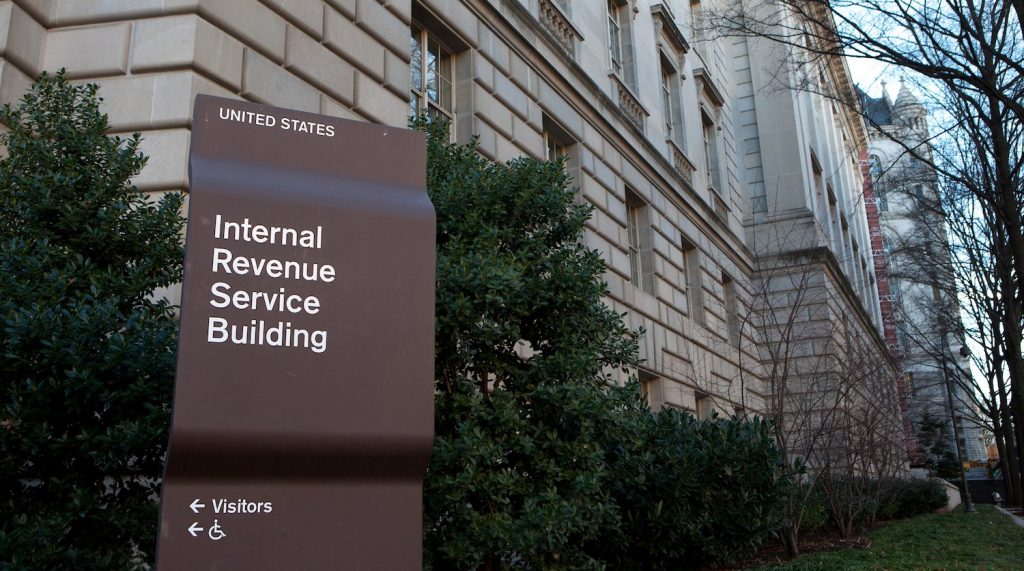Brazilian who owes to the IRS (American tax revenue) is subject to the customs approach and can be targeted in the U.S.
By Drummond, Boston, USA.
Checking ones situation with tax consultant can avoid embarrassing situations during travel to the U.S.
Business trips to the United States become increasingly common for Brazilian investors and businessmen, but there are cases where arriving in the U.S. can become complicated.
One example is the IRS taxpayers who reside outside the U.S. and are on arrears. The rigid oversight of the Homeland Security Department (DHS) has the power to approach, deter and monitor the visitor until resolution of the pending.
Maintained by DHS, the National Treasury Monitoring and Reporting System is a database that identifies defaulting taxpayers traveling to the United States.
“Often the foreigner or American citizen is unaware of their default until it is approached by customs, since the IRS cannot always notify the taxpayer, because it often has multiple addresses and transits in different countries. Your entry then may or may not be denied by the immigration department, ICE. The Brazilian can be interviewed by ICE agents about assets in the United States, purpose and length of travel, lodging, registration of his vehicle, among other information, “explains Bruno Drummond of Drummond, an expert advice on tax matters, accounting based in Boston, USA.
According to Bruno, immigration agents are also likely to ask questions about employment relationships or personal services provided in the US in order to investigate opportunities for collecting of income. “Immigration officers contact an IRS coordinator and transmit the information obtained through a referral program. Usually the case is accompanied by an IRS agent in the region where the taxpayer intends to travel, “explains the consultant.
Bruno recommends that the investor always use the help of a consultant to verify his situation with the US Treasury before traveling to the country. “Anyone who has made tax transactions is subject to this type of approach, and the risk of having a surprise when arriving in the United States is great,” adds Bruno.

